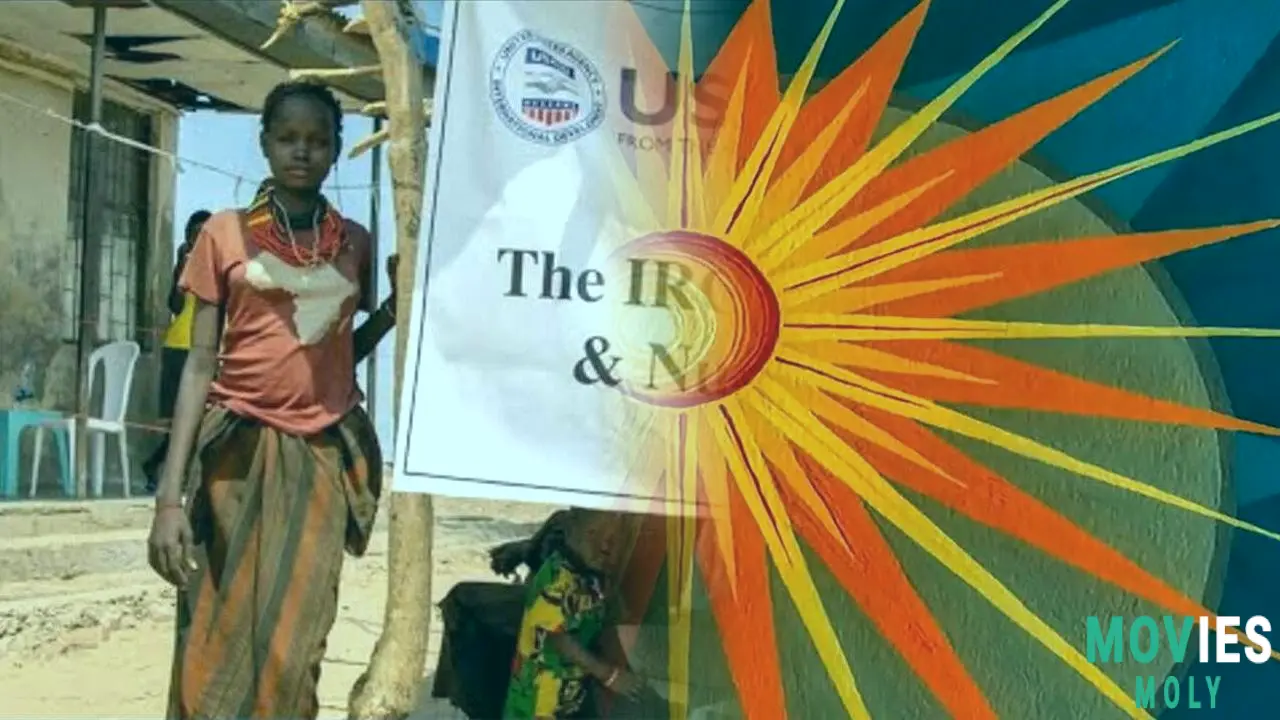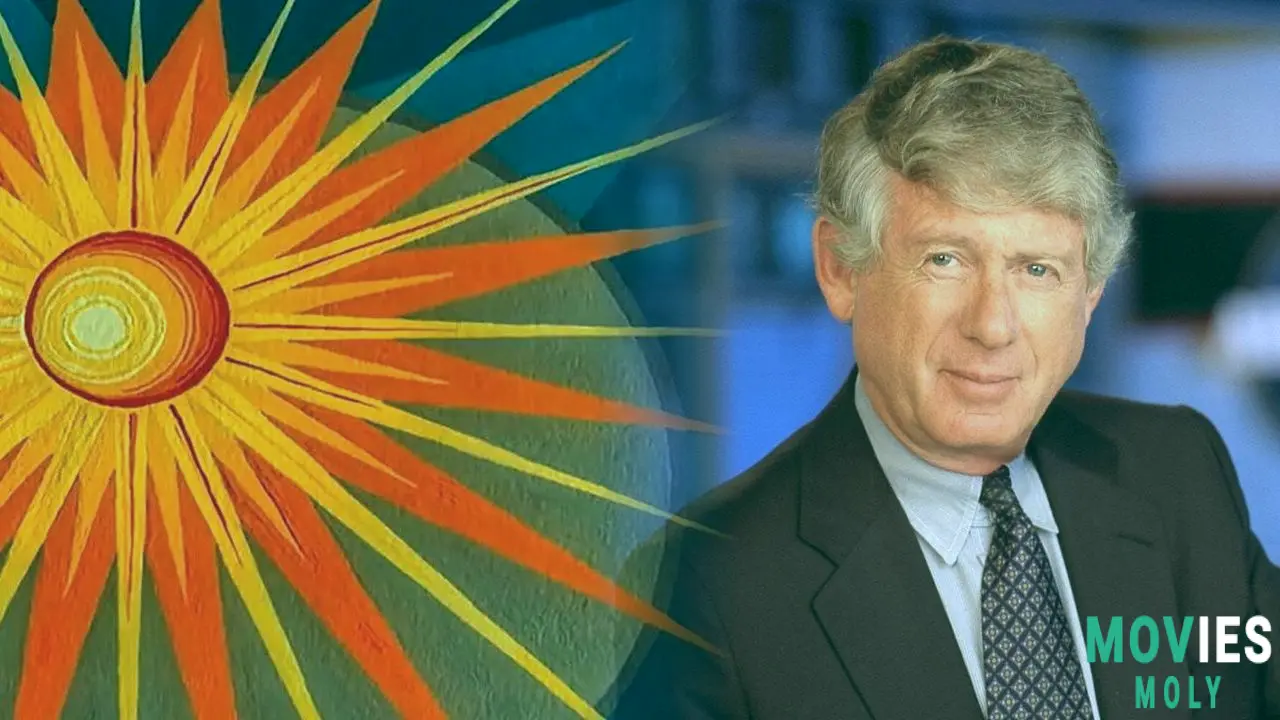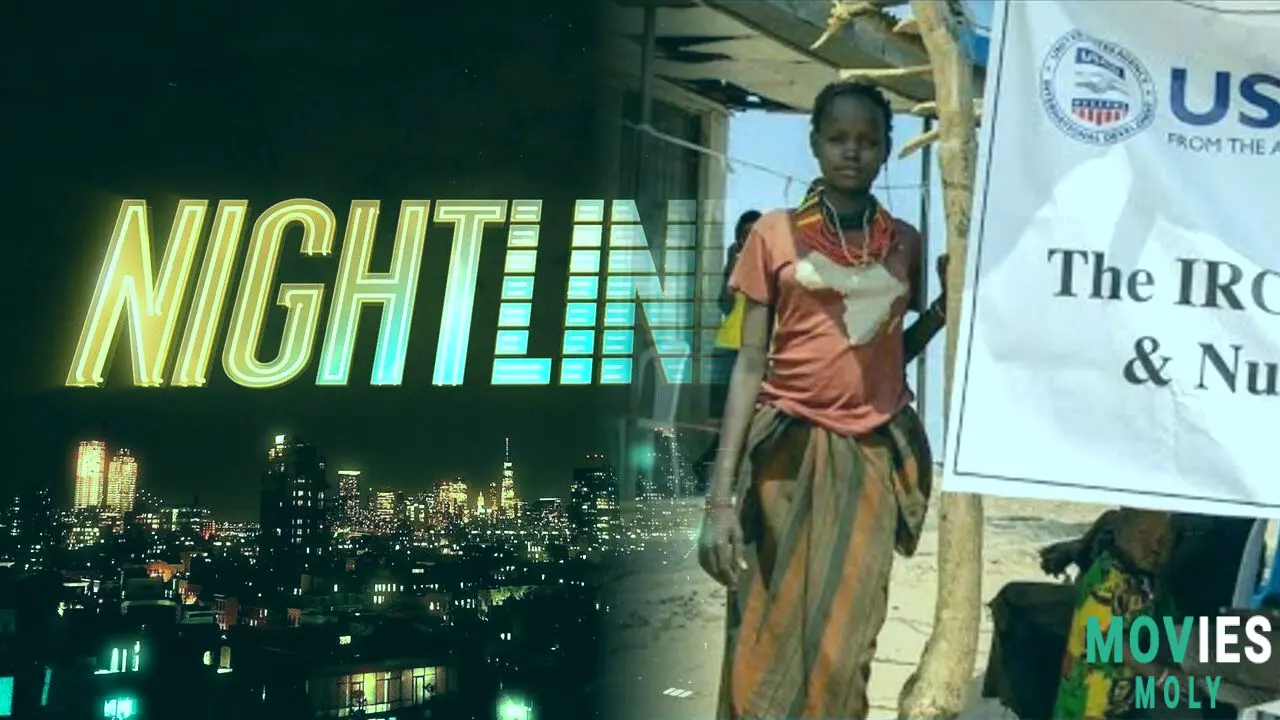Ted Koppel is a name that means serious news. Koppel has always done important reporting, from his famous 25-year stint as the host of Nightline, which started as coverage of the Iran hostage crisis, to his present job as a senior contributor for CBS News Sunday Morning. People know him for his straightforward interviewing style and for dealing with tough problems that are important to both the US and the world. But a recent CBS News Sunday Morning report about cuts to USAID financing left me with a lot of questions and the feeling that a great chance was squandered. Koppel talked on the human cost of these changes, but I wanted to know more about the money issues and other possible remedies.
It's clear that Koppel is one of the most regarded journalists of our time. He has won many important prizes, such as 43 Emmy prizes and 8 Peabody Awards. His work has always been about getting the facts right and giving context, which he has said is very important in a time when false information is everywhere. This is why his April 20th section on USAID was so aggravating. It showed a distressing image of programs hurt by funding cuts, with interviews with people on the ground and patients whose treatments are in danger. The report, on the other hand, didn't seem to give a full picture or give viewers useful information, even though it was quite emotive.
Koppel's USAID Segment Didn't Answer Important QuestionsThe report showed the problem, but not the whole picture or possible solutions.
David Miliband, president and CEO of the overseas Rescue Committee (IRC), was on the show. He said that cuts had affected around 40% of their overseas activities. Koppel also displayed sad pictures of people in developing countries who would no longer be able to get treatment. Of course, this is terrible news. But right away, I thought about how much of the billions of dollars that USAID spends truly goes to these projects. It's hard to overlook that without this context, the effects are clearly bad for people affected, but they don't have a bigger financial picture.
Karoline Leavitt, the White House press secretary, and others have said that they are worried about waste and corruption in USAID. Koppel brought this up. Taxpayers have a right to be worried about this. But if trash is a problem, why didn't they look more closely at where these billions are really going? Some critics say that looking more closely at USAID's yearly reports or how much of its work is done by non-profits might have helped clear things up.
There was also no talk of private philanthropic organizations, which was another missed chance. If the main goal is to help people in need and government aid is perceived as bad because of corruption or imposed taxes, then why didn't the report talk about private charities that accept voluntary donations for comparable programs? I thought to myself, "If there are such programs and they do a good job, I would give them a few hundred dollars." People might support causes they care about without having to deal with what they see as the problems of government bureaucracy. It would have taken only a few seconds to suggest a group like the International Rescue Committee as a possible choice for viewers.
Why It's Important for Today's Media to Report Everything

Journalists need to do more than just make emotional appeals.
As any narrative involving people in pain should, Koppel's segment really touched me. But Koppel himself has said that "a nation like ours cannot survive in freedom if we are incapable of agreeing on something as simple as what is factual." In this day and age, journalism needs to do more than just appeal to people's emotions. It needs to give the numbers, the background, and other options. When information is given as a "hostage puppy narrative," such "Let me rob this bank or I'll kill this puppy," it can feel less like reporting and more like activism.
I think journalists should "report the facts" and "stay away from all the analysis" unless that analysis is based on a lot of evidence. Koppel is a great interviewer and has hosted many important shows, like his recent return to Nightline for its 45th anniversary. However, this segment felt empty. It brought attention to a problem without giving the audience all the information they needed to understand its subtleties or think of other methods to solve it.
In the end, Koppel's piece on USAID showed how powerful journalism can be in bringing important topics to light. But it also taught me how important it is to give a whole, well-rounded image, even when the topic is very emotive. CBS News Sunday Morning is still an important source of news, and I hope that future programs will take advantage of the chance to show viewers both the "what" and the "how" of difficult global problems.
Questions and Answers About Ted Koppel

What are Ted Koppel's most famous works?
Ted Koppel is best known for being the anchor of ABC News' Nightline for 25 years, from 1980 to 2005.
When did Ted Koppel stop being on Nightline?
After 25 years as the anchor of Nightline and 42 years with ABC News, Ted Koppel left the show on November 22, 2005.
What is Ted Koppel up to these days?
Ted Koppel has been a senior contributor to CBS News Sunday Morning since 2016, and he still reports on a variety of subjects.
What prizes has Ted Koppel won?
Ted Koppel has won many important accolades over his career, such as 43 Emmys, 8 Peabody accolades, and 10 Overseas Press Club Awards.
Did Ted Koppel help make Nightline?
Yes, Nightline started as unique nightly coverage of the Iran hostage crisis in November 1979. It was first called "The Iran Crisis: America Held Hostage." Koppel became a co-anchor, and in March 1980, the show changed its name to Nightline and he became its host.



